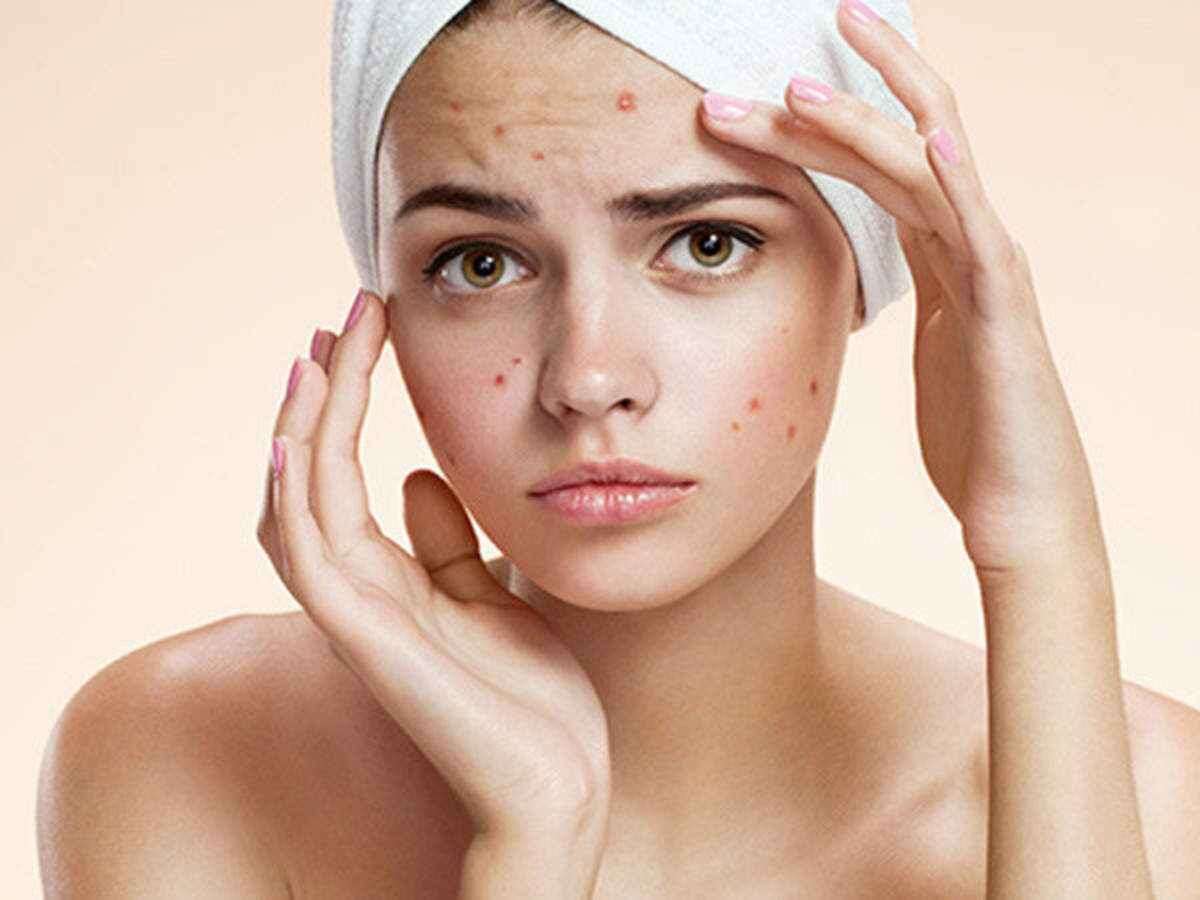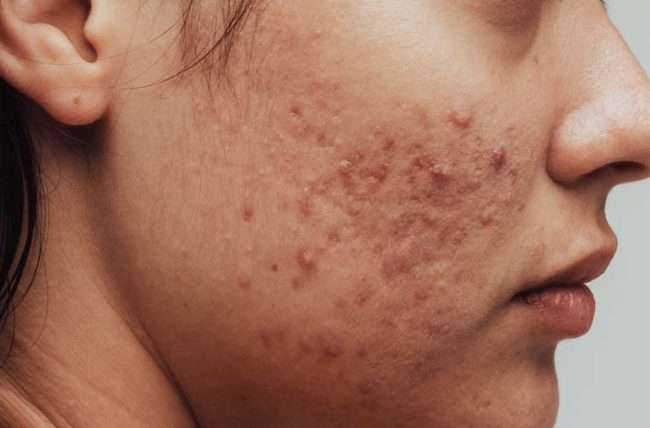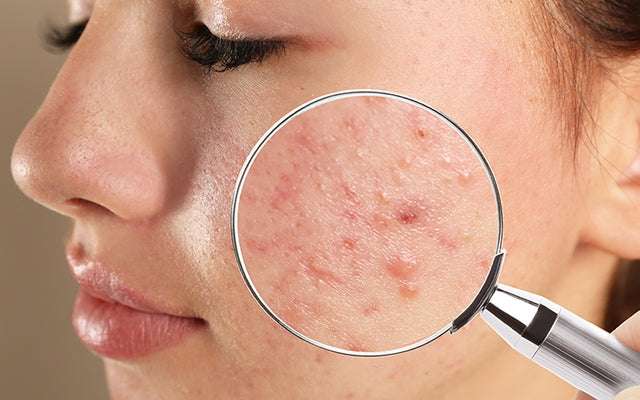Title: Pimples: Signs, Symptoms, Causes, Risk Factors, Diagnosis, Prevention, Diet, Lifestyle, and Homoeopathic Treatment
Introduction:
Pimples, also known as acne, are a common skin condition that affects individuals of all ages. Understanding the signs, symptoms, causes, risk factors, diagnosis methods, prevention strategies, the role of diet and lifestyle, and the potential benefits of homoeopathic treatment is crucial for effectively managing and preventing pimples. In this blog post, we will explore the key aspects of pimples and how homoeopathy can provide holistic solutions for this skin concern.
Signs and Symptoms of Pimples:
1. Red, swollen bumps: Pimples typically appear as red, raised bumps on the skin.
2. Whiteheads and blackheads: These are two common types of pimples. Whiteheads are small, closed bumps, while blackheads are open pores with darkened debris.
3. Pus-filled lesions: In some cases, pimples may become filled with pus, leading to pustules or cysts.
4. Inflammation and tenderness: Pimples can cause localized inflammation and tenderness in the affected area.
5. Oily or greasy skin: Excessive oil production is often associated with pimples.
Causes of Pimples:
1. Excess sebum production: Overactive sebaceous glands can produce more oil, leading to clogged pores.
2. Bacterial infection: The bacteria Propionibacterium acnes can multiply in clogged pores, causing inflammation and pimple formation.
3. Hormonal changes: Fluctuations in hormones, especially during puberty, menstrual cycles, or hormonal imbalances, can contribute to pimple breakouts.
4. Poor skincare habits: Inadequate cleansing, using harsh products, or not removing makeup properly can contribute to the development of pimples.
5. Certain medications: Some medications, such as corticosteroids or anticonvulsants, may increase the risk of pimples.
Risk Factors for Pimples:
1. Hormonal fluctuations: Adolescents, women with hormonal imbalances, and individuals undergoing hormonal changes are more prone to pimples.
2. Family history: A genetic predisposition can make some individuals more susceptible to pimples.
3. Stress: High-stress levels can trigger or worsen pimples.
4. Dietary factors: Some studies suggest that high-glycemic diets and dairy products may contribute to pimple development in certain individuals.
Diagnosis of Pimples:
Pimples are typically diagnosed based on their appearance and symptoms. A healthcare professional or dermatologist may perform a physical examination and inquire about the individual's medical history. In certain cases, additional tests or assessments may be conducted to rule out underlying conditions.
Prevention Strategies for Pimples:
1. Maintain good skincare habits: Cleanse the skin gently and regularly, using products suitable for your skin type. Avoid harsh scrubbing or over-washing, as it can irritate the skin.
2. Avoid picking or squeezing pimples: This can lead to further inflammation and potential scarring.
3. Keep hair and hands away from the face: Hair and hands can transfer oils and bacteria to the skin, contributing to pimple formation.
4. Use non-comedogenic products: Choose cosmetics and skincare products labeled as non-comedogenic, meaning they do not clog pores.
5. Manage stress: Practice stress-reduction techniques such as exercise, meditation, or engaging in relaxing activities.
Diet and Lifestyle Considerations:
1. Healthy diet: Consume a balanced diet rich in fruits, vegetables, whole grains, lean proteins, and adequate hydration.
2. Limit high-glycemic foods: Reduce consumption of sugary foods, processed carbohydrates, and sugary beverages.
3. Hygiene: Regularly wash pillowcases, towels, and makeup brushes to prevent the accumulation of bacteria and oil.
4. Exercise regularly: Physical activity can help improve blood circulation and reduce stress, which may positively impact skin health.
Homoeopathic Treatment for Pimples:
Homoeopathic treatment for pimples focuses on addressing the underlying causes, reducing inflammation, and promoting healthy skin. Some commonly used homoeopathic remedies for pimples include:
1. Pulsatilla: Indicated for pimples triggered by hormonal fluctuations, especially during menstruation.
2. Hepar sulphur: Useful for painful, pus-filled pimples that are sensitive to touch.
3. Silicea: Recommended for deep-seated pimples with a tendency to form abscesses or cysts.
It is important to consult a qualified homoeopathic practitioner for an accurate diagnosis and individualized treatment plan based on your specific symptoms and overall health.
Conclusion:
Pimples can be a bothersome skin condition, but with proper understanding of the signs, causes, risk factors, prevention strategies, diet and lifestyle considerations, and considering homoeopathic treatment as a complementary approach, individuals can effectively manage and prevent pimples. Remember to consult healthcare professionals or dermatologists for an accurate diagnosis and to create a comprehensive treatment plan tailored to your specific needs.



Leave a Message